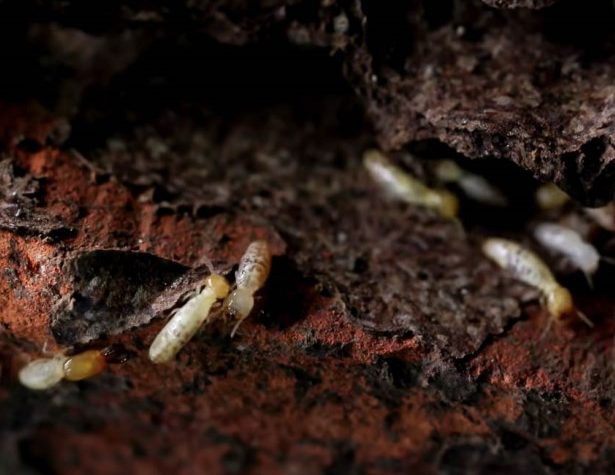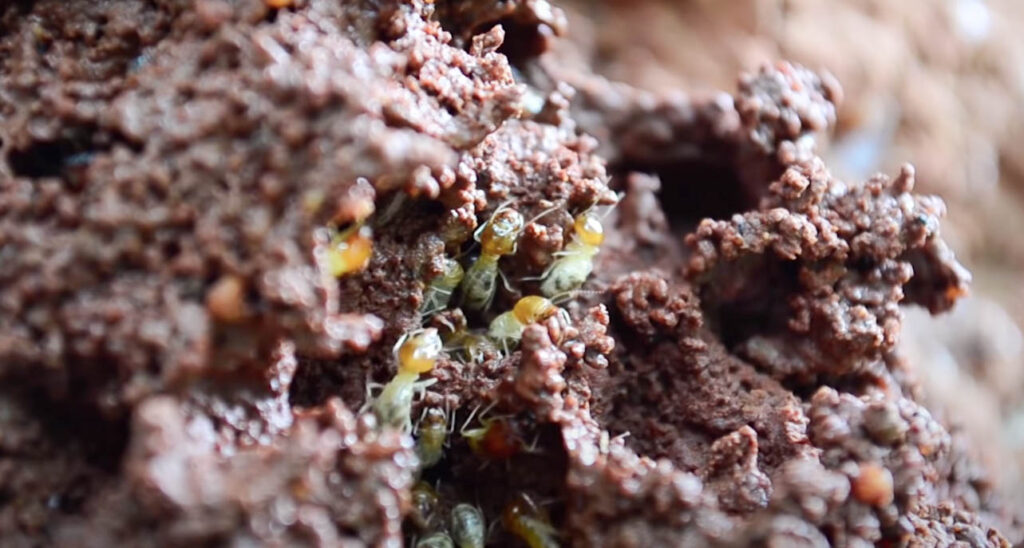Does rain attract termites?
Though getting rid of termites in an already infested home might seem like a daunting task, termites are very fragile and depend on a lot of environmental factors to survive, some of which are moisture, heat, and humidity. Rainfall being the principal weather condition that tends to regulate all of these, it’s no surprise that an abundance of rain affects termites greatly.
Rain does more than just attract termites, excess water contributes to the damage of wooden parts of homes, thereby making them highly susceptible to the infestation of termites and other household pests. Also, rain makes it more difficult to control termite infestations and other pest activities.
Do you want to know if rainfall attracts termites and how this happens? Right here, we will be taking you through how rain can help attract termites to your home.
1. Rainfall increases the chances of termite swarming
To survive and thrive well, a large number of termite species need a moist environment. It’s only when conditions are favorable that swarming occurs. At swarming, the alates fly out of the colony, pair off, and shed off their wings after flying short distances. When this happens, the termites burrow into the ground and begin to build a nest of their own. If the soil is not damp enough, burrowing underground will be quite difficult.

2. Rain causes dampening of wood
Being a cellulose loving animal, the primary target of all species of termites is to look for places with an abundance of wood. For species like subterranean and dampwood termites, they are more attracted to decaying wood. With an increase in the amount of rainfall, wood gets to decay more, causing an increase in the availability of food sources for termites.
When there is an abundance of dampwood in a particular area, there is a high tendency that termites will be more attracted to such a place. This is a clear indication that rain also attracts termites indirectly.
In addition to all these, you need to also understand the fact that rain makes it even more difficult to control termites. The treatment applied will often be washed away by water, leaving the termites exposed to only a minute quality of the applied treatment.

